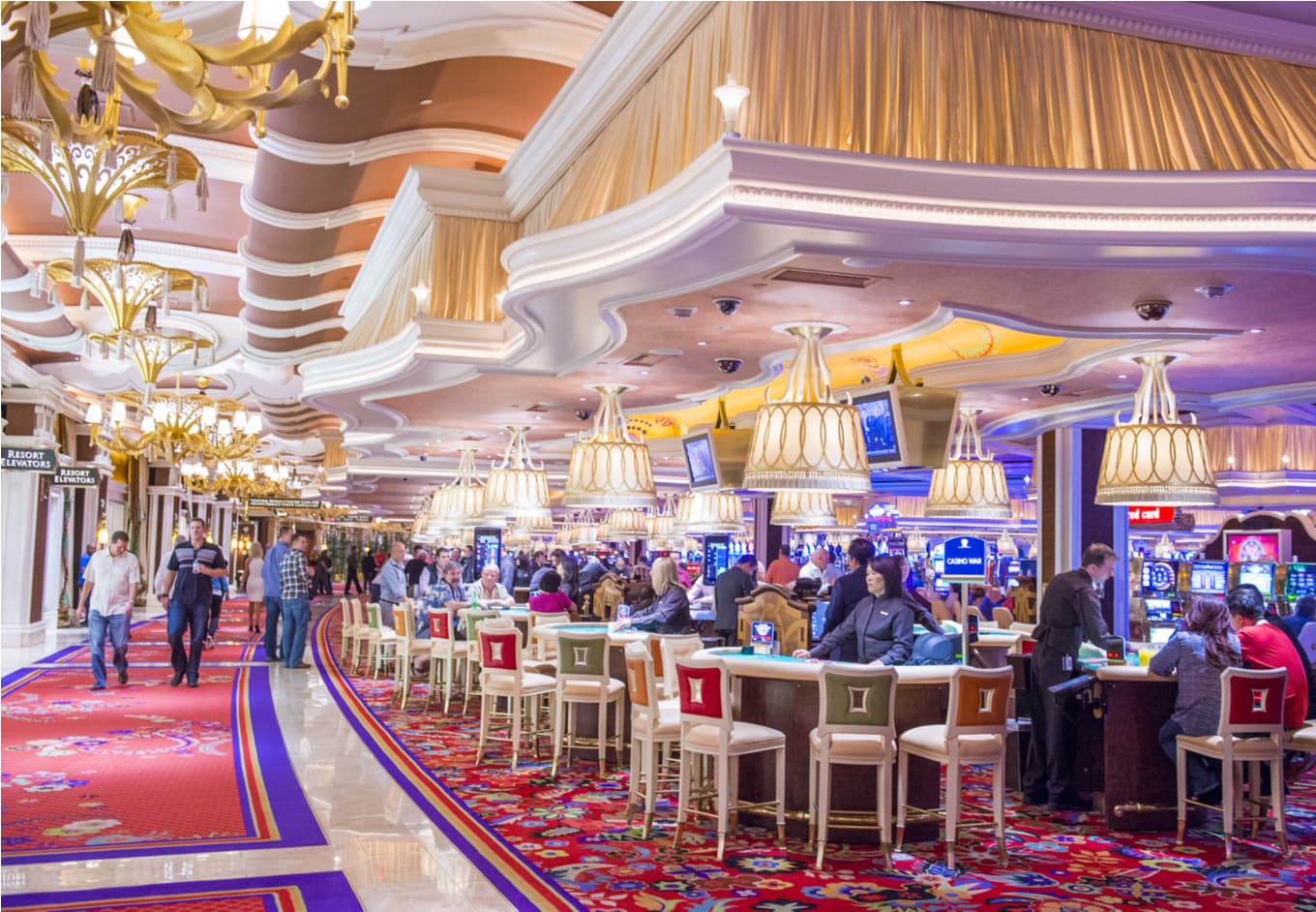
In the world of gambling, where chance and strategy intersect, a unique tapestry of beliefs unfolds—one that weaves together luck, fate, and the enigmatic nature of casino games. Casinos, bustling with excitement and anticipation, are not just spaces for placing bets; they are also arenas where superstitions thrive. From the novice player to the seasoned gambler, these mysterious practices often shape how individuals approach the games they play, holding the belief that their actions can influence the outcome in ways that go beyond mere probability.
As players gather around roulette wheels, blackjack tables, and slot machines, the atmosphere is thick with stories of lucky charms, rituals, and codified behavior that defy logic yet provide a sense of comfort. Whether it’s wearing a specific outfit, following a particular sequence of bets, or even avoiding certain numbers, the attachment to various superstitions reflects a deep-rooted desire to control the uncontrollable. This article delves into the captivating world of casino game superstitions, investigating the beliefs that both entertain and mystify those who dare to play.
Historical Roots of Superstitions
Betting games have long been interwoven with an variety of superstitions that trace to early societies. The beginnings of these notions can be linked to humanity’s fundamental need to influence the uncertain outcomes associated with fortune and uncertainty. In primitive civilizations, activities of chance were often linked to spiritual practices. Players would seek aid or request favor from gods, believing that their actions could influence the results in their benefit. This foundation laid the foundation for the multitude of superstitions that spread as casino games evolved over centuries.
During the medieval age, betting became a common hobby across European nations, and with it, a rich tapestry of superstitions appeared. Players adopted numerous rituals and charms, believing they could affect the consequences of games. BET88 The significance of digits, in particular, emerged to manifest in superstitions pertaining to card games and dice. The number 7 was often considered lucky, while other numbers carried bad connotations. These notions mirrored the societal contexts of the time, evolving as they moved through generations and changed to new gaming environments.
As gaming establishments emerged in the seventeenth century, particularly in the Italian peninsula and the French nation, the atmosphere surrounding betting became steeped in enigma. The growing accessibility of casino games allowed for the expansion and diversification of superstitions among players. Concepts like charmed charms, specific seating positions, and rituals gained prominence, creating a unique culture within betting houses. As these practices continued to thrive, they became integral to the identity of gambling games, illustrating how the past and culture shape the convictions that influence how gamblers connect with fortune.
Common Gambling Superstitions
Superstitions surrounding casino games are plentiful and varied, mirroring the hopes and fears of gamblers as they engage in chance-based games. One of the most common views is that certain digits bring fortune or misfortune. For example, the digit 7 is often seen as a favorable number, frequently sought after by players looking for a favorable result. Conversely, the number 13 is routinely considered cursed, leading many players to avoid it during their gaming sessions.
A common belief relates to rituals that players believe can affect their odds. Whether blowing on the dice before a roll, using a particular gesture to place a bet, or even wearing specific items of attire, many people feel that these actions can sway luck in their favor. These rituals offer a sense of control in an otherwise random environment, reinforcing the idea that fortune can be created through individual convictions and customs.
Finally, the ambiance and atmosphere of the casino itself adds to superstition. Many players suggest that the presence of certain icons, such as four-leaf clovers or lucky tokens, can enhance their odds of success. Additionally, players might hold to the belief that winning streaks can be interrupted by mundane events, such as a person walking past or a spill at the table. The collective environment in a casino can amplify these superstitions, creating a shared culture of superstitions that goes beyond individual encounters.
Impact of Superstitions on Players
Beliefs play a significant role in the mindset of gamblers, often influencing their behavior and choices. A lot of gamblers believe that luck can be influenced through various rituals, such as donning a talisman, selecting specific colors, or steering clear of particular digits. This reliance on superstitions can create a sense of control in an environment that is intrinsically unpredictable. Players frequently feel more self-assured and involved when they think that their actions could sway the result of a game in their favor.
The impact of these superstitions extends past individual players, affecting the general atmosphere within the casino. For example, a player who holds the belief in the luck of a certain slot machine might draw a crowd, as others are fascinated by their apparent success. This shared belief can amplify excitement and create a lively environment, leading to an engaging experience even for those who may not necessarily be believers themselves. The excitement around specific games can lead to increased participation and extended playing sessions, supporting the casino’s lively social scene.
In some instances, superstitions can lead to detrimental effects for players. Relying too heavily on rituals can result in poor gambling decisions, as some may ignore basic strategies in favor of baseless beliefs. Additionally, the stress to perform rituals may increase anxiety and tension, detracting from the pleasure of the experience. Ultimately, while superstitions can enhance the excitement of playing casino games, they can also lead to unwise choices that overshadow the enjoyment and amusement intended in the casino experience.
